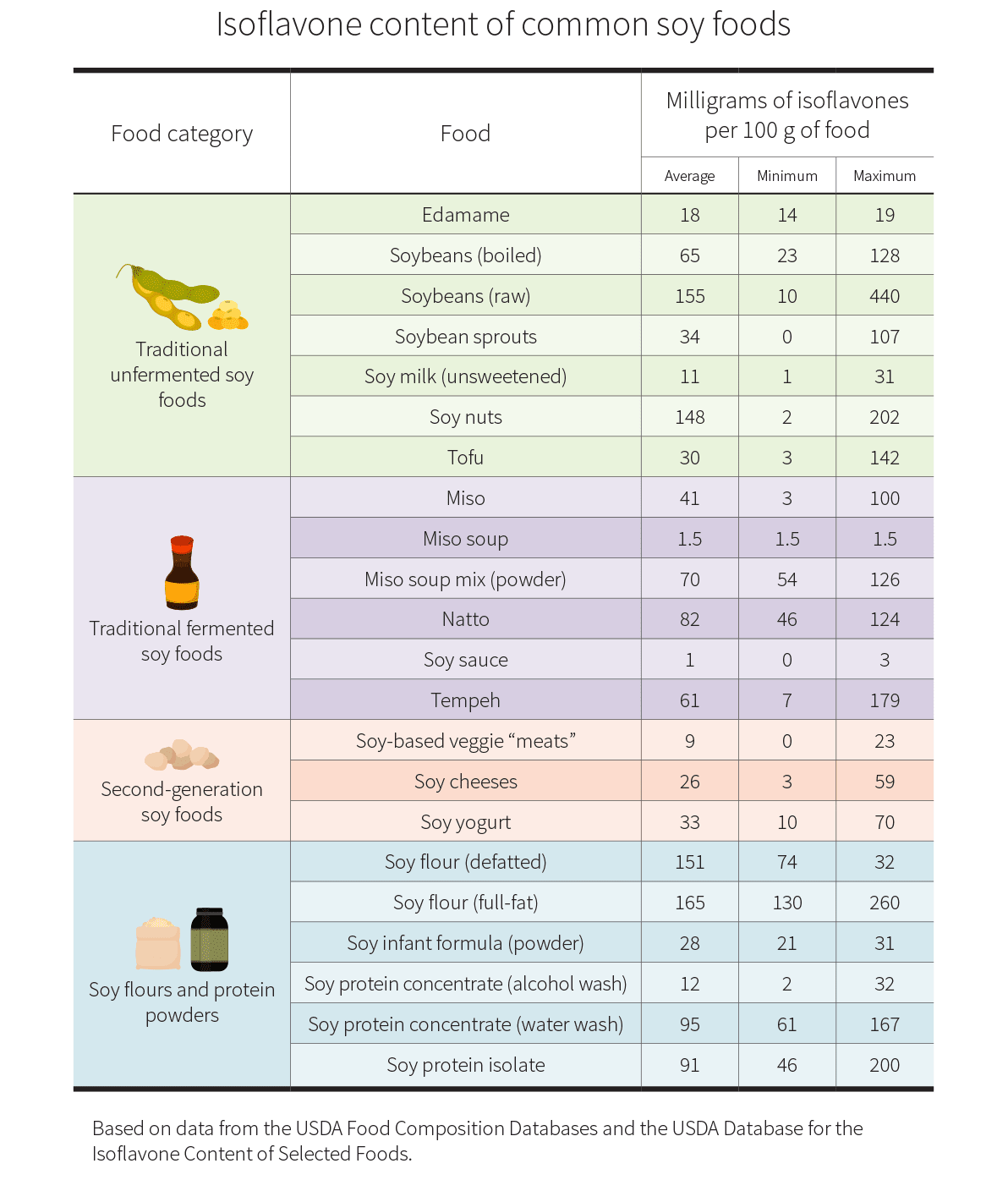mic
Participation7
- Completed the Introductory EA Virtual Program
- Completed the Precipice Reading Group
- Completed the AGI Safety Fundamentals Virtual Program
- Attended an EA Global conference
- Attended an EAGx conference
- Attended more than three meetings with a local EA group
- Received career coaching from 80,000 Hours
Posts 20
Comments294
The plant-based foods industry should make low-phytoestrogen soy products.
Soy is an excellent plant-based protein. It's also a source of the phytoestrogen isoflavone, which men online are concerned has feminizing properties (cf. soy boy). I think the effect of isoflavones is low for moderate consumption (e.g., one 3.5 oz block of tofu per day), but could be significant if the average American were to replace the majority of their meat consumption with soy-based products.
Fortunately, isoflavones in soy don't have to be an issue. Low-isoflavone products are around, but they're not labeled as such. I think it would be a major win for animal welfare if the plant-based foods industry could transition soy-based products to low-isoflavone and execute a successful marketing campaign to quell concerns about phytoestrogens (without denigrating higher-isoflavone soy products).
More speculatively, soy growers could breed or bioengineer soy to be low in isoflavones, like other legumes. One model for this development would be how normal lupin beans have bitter, toxic alkaloids and need days of soaking. But in the 1960s, Australian sweet lupins were bred with dramatically lower alkaloid content and are essentially ready to eat.
Isoflavone content varies dramatically depending on the processing and growing conditions. This chart from Examine shows that 100 g of tofu can have anywhere from 3 to 142 mg of isoflavones, and 100 mg soy protein isolate can have 46 to 200 mg of isoflavones.

I'm surprised the video doesn't mention cooperative AI and avoiding conflict among transformative AI systems, as this is (apparently) a priority of the Center on Long-Term Risk, one of the main s-risk organizations. See Cooperation, Conflict, and Transformative Artificial Intelligence: A Research Agenda for more details.
I wouldn't consider factory farming to be an instance of astronomical suffering, as bad as the practice is, since I don't think the suffering from one century of factory farming exceeds hundreds of millions of years of wild animal suffering. However, perhaps it could be an s-risk if factory farming somehow continues for a billion years. For reference, here is definition of s-risk from a talk by CLR in 2017:
“S-risk – One where an adverse outcome would bring about severe suffering on a cosmic scale, vastly exceeding all suffering that has existed on Earth so far.”
I think another promising intervention would be to persuade God to be a conditional annihilationist or support universal reconciliation with Christ. Abraham successfully negotiated conditions with God regarding the destruction of Sodom and Gomorrah with just a few sentences. Imagine what we could do with rigorous and prayerful BOTEC analyses! Even if there is a small chance of this succeeding, the impact could be incredible in expectation.

Great piece overall! I'm hoping AI risk assessment and management processes can be improved.
30% chance of crossing the Yellow Line threshold (which requires building harder evals), not ASL-3 threshold